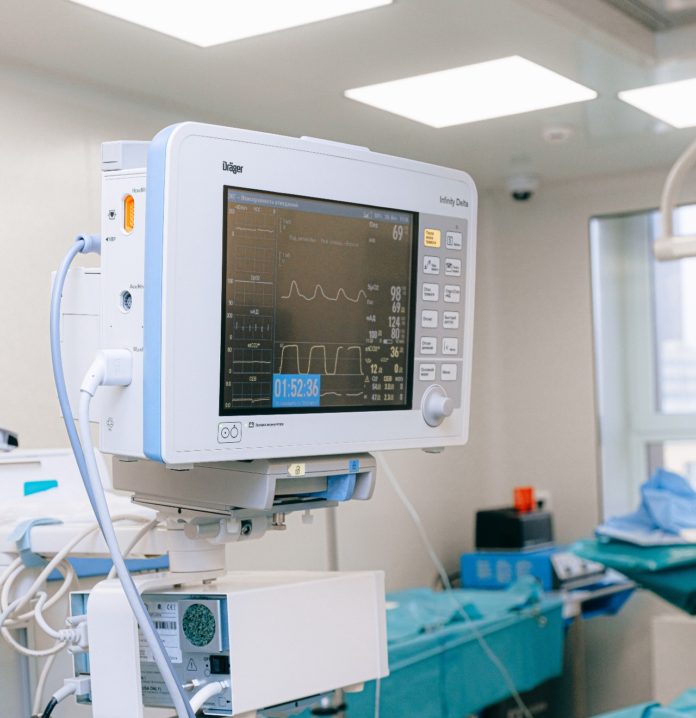By Mary Mwendwa
Nairobi, Kenya: Jeannette Erdmann and Ralph Knöll are the recipients of this year’s Berlin Institute of Health(BIH) excellence award for sex and gender health research.
Erdmann and Knöll are from the universities of Universität zu Lübeck and Karolinska Institutet and Astra Zeneca in Stockholm respectively.
The award was for research in sex and gender aspects in the health of the Berlin Institute of Health at Charité (BIH). The award comes with a price of €25,000 per project.
The two scientists are investigating the genetic causes of cardiac insufficiency, myocardial infarction, and coronary artery problems in women and men, together with their project partners at the BIH.
Dr. Teresa Gerhardt and Dr. Elisabeth Strässler of the Department of Cardiology at Charité – Universitätsmedizin Berlin on Campus Benjamin Franklin, Professor Sophie Van Linthout, and Professor Carsten Tschöpe of the BIH Center for Regenerative Medicine (BCRT) are also part of the project.

It has been found that myocardial infarction, cardiac insufficiency, and coronary artery disease often differ depending on gender, and the causes also vary between men and women.
Cardiac insufficiency often referred to simply as heart failure, is characterized by the inability of the heart muscle to function properly.
The muscle cells have structural defects and are interspersed with connective tissue.
Cardiologists distinguish here between the condition where the heart chambers become massively enlarged and the condition where there is an uncontrolled increase in wall thickness of the left atrium and a reduced volume of the left ventricle.
“In women, the latter form of heart failure is much more common, but we don’t know why,” reports Sophie Van Linthout.

And there are no specific treatment options for women or men.
To remedy this, Ralph Knöll, Sophie Van Linthout, and Carsten Tschöpe have teamed up to study gender-specific differences in mice in which a genetic modification causes a particular muscle protein (myosin) to be constantly active. This contributes to the loss of function in heart muscle cells and to the development of fibrosis and severe enlargement of the left atrium.
The second project, led by Jeanette Erdmann in collaboration with Teresa Gerhardt and Elisabeth Strässler, focuses on coronary heart disease.
“Although overall the death rate from heart attacks and strokes has dropped by 60 percent in the last 20 years, we have seen that young women are the least likely to benefit from this improvement,” says Gerhardt, who is a participant in the BIH Charité Clinician Scientist Program. “We have found a gene called MYOZ2 that is linked to cardiovascular risk in women, but not in men,” explains Erdmann.
The researchers want to insert the pathologically mutated gene into human induced pluripotent stem cells (hiPSCs) – specifically into female and male hiPSCs.
They then plan to let the genetically modified stem cells mature into vascular cells in the laboratory to study what effects the altered gene produces.
Professor Christopher Baum, Chair of the BIH Board of Directors and Chief Translational Research Officer of Charité – Universitätsmedizin Berlin, emphasizes that “the different manifestations of diseases in women and men are still far too rarely taken into account in medical research projects. With the BIH Excellence Award for Sex and Gender Aspects in Health Research, we want to help to close this gap.” He noted.
“We are very pleased that with this year’s award winners, we are recognizing high-caliber male and female scientists who are supporting us in this endeavor and at the same time are valuable cooperation partners in our mission to advance medical translation.”














